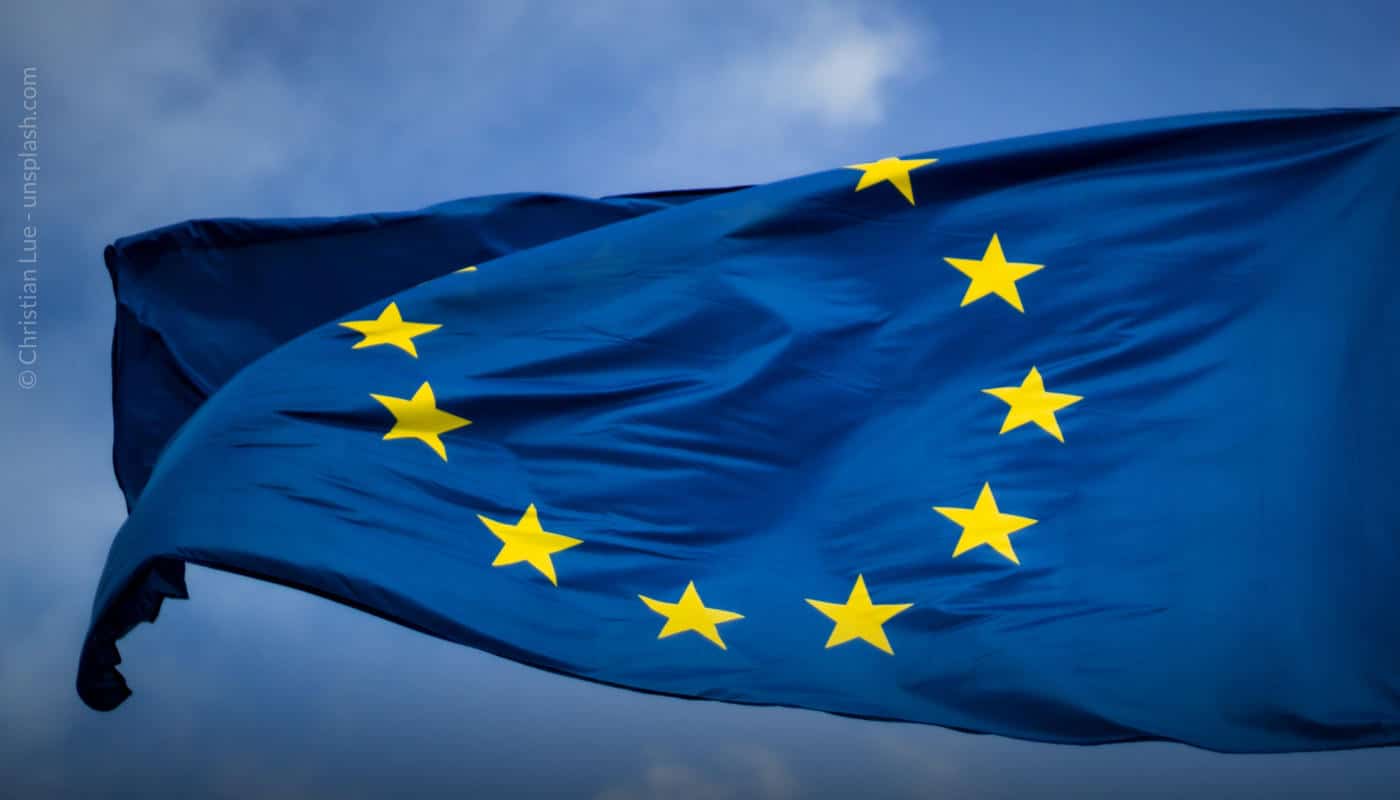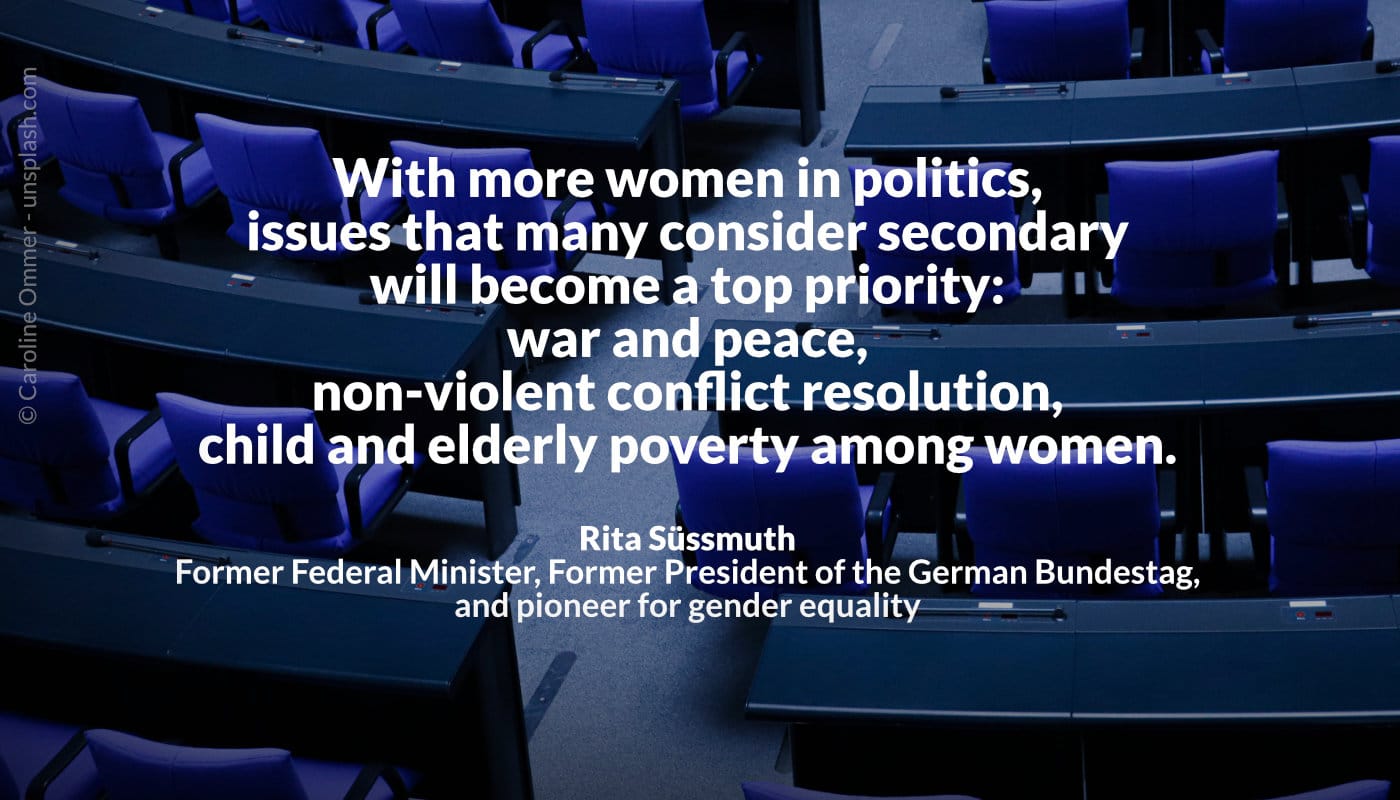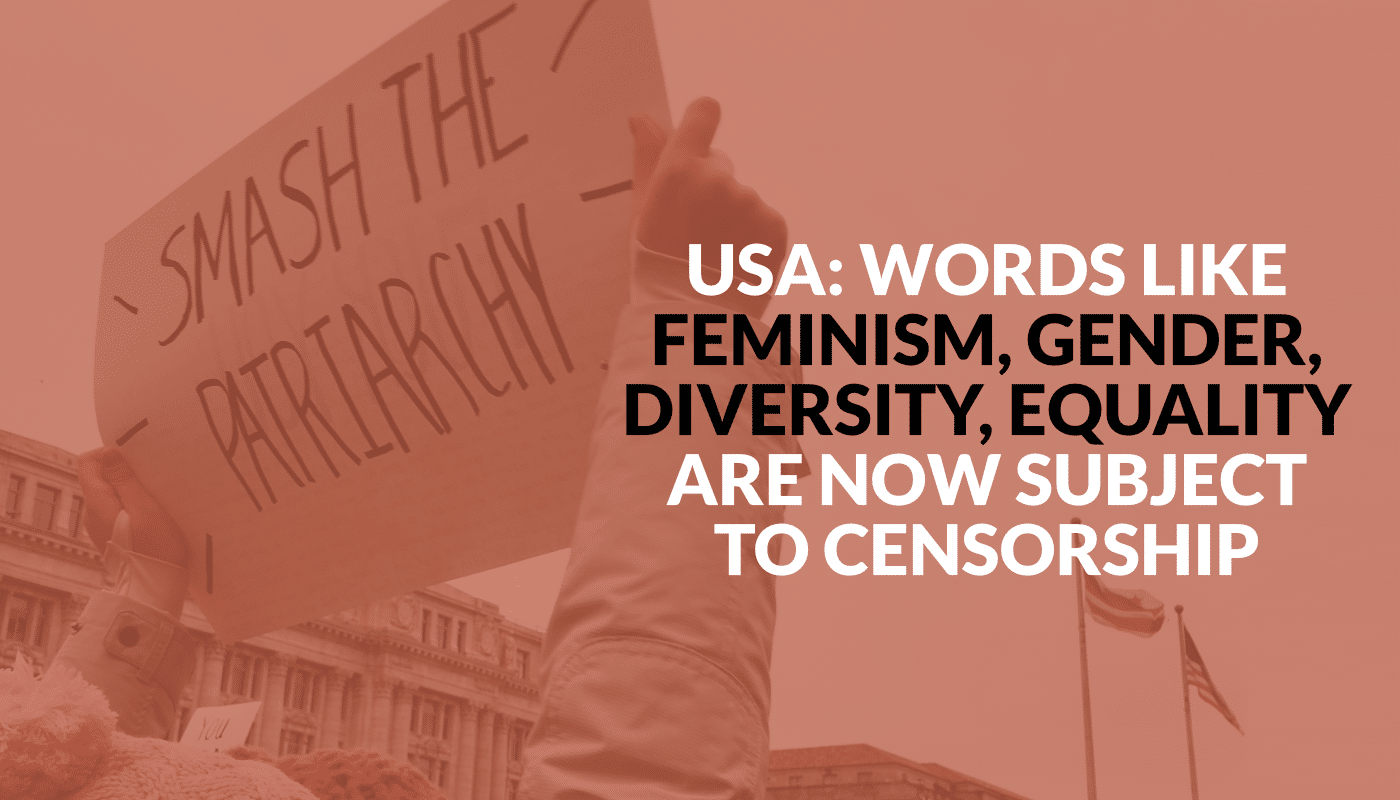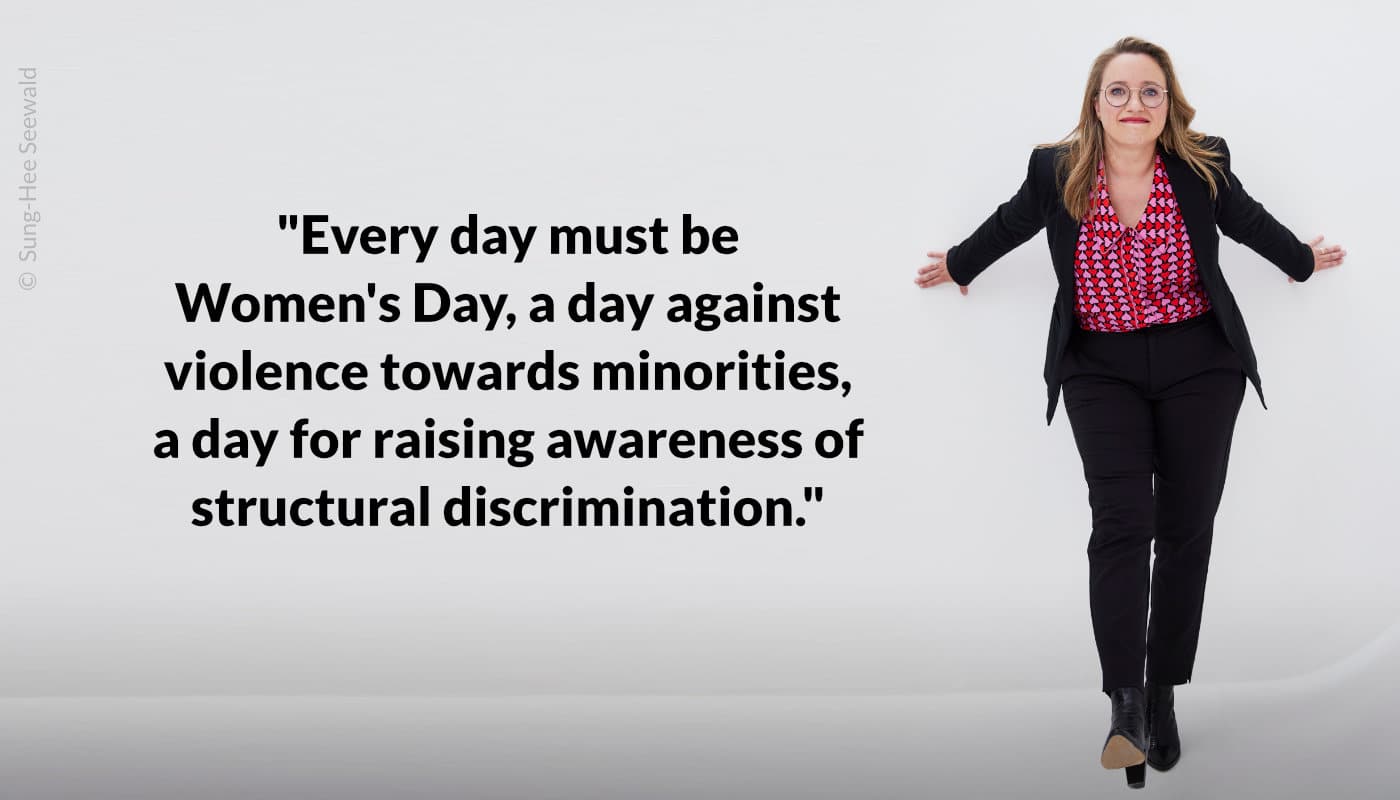Will the new EU transparency directive reduce the #GenderPayGap?
Women in the European Union earn on average 14% less than men. To finally change this, the EU Commission has mandated companies to ensure greater wage transparency.
The EU directive that came into effect in June 2023 represents a significant tightening compared to the Pay Transparency Act of 2017. Member states have until 2025 to implement the directive into national law.
According to FOCUS-Business, it is advisable for companies not to simply wait until the corresponding German law is in place. Those who prepare for or even implement the planned changes now will find it much easier when the deadline arrives.
The key points of the directive are as follows:
Stefanie Hornung writes on LinkedIn that the topic is likely not high on the priority list for many companies; many HR managers are only vaguely familiar with the EU transparency directive.
For this reason, the New Pay Collective has created a survey that is intended to be both a knowledge test and an information source (link in the comments).
Do you feel that your company is already adequately aware of this issue—and are you confident that the new transparency directive will help reduce the gender pay gap?

Posted by Natascha Hoffner, Founder & CEO of herCAREER, WiWo columnist, LinkedIn TOP Voice 2020, W&V 2019 – 100 Köpfe
published on LinkedIn on 13.08.2024
References:
- https://focusbusiness.de/magazin/gender-pay-gap-lohntransparenz-arbeitnehmer-unternehmen
- https://www.consilium.europa.eu/de/policies/pay-transparency/
- Post by Stefanie Hornung
https://www.linkedin.com/posts/stefanie-hornung-9276923_genderpaygap-fairness-equalpay-activity-7214571633800290304-55CN - Survey: How much do you currently know about the new EU Pay Transparency Directive of 2023?
https://www.umfrageonline.com/c/nyx4zzz3












